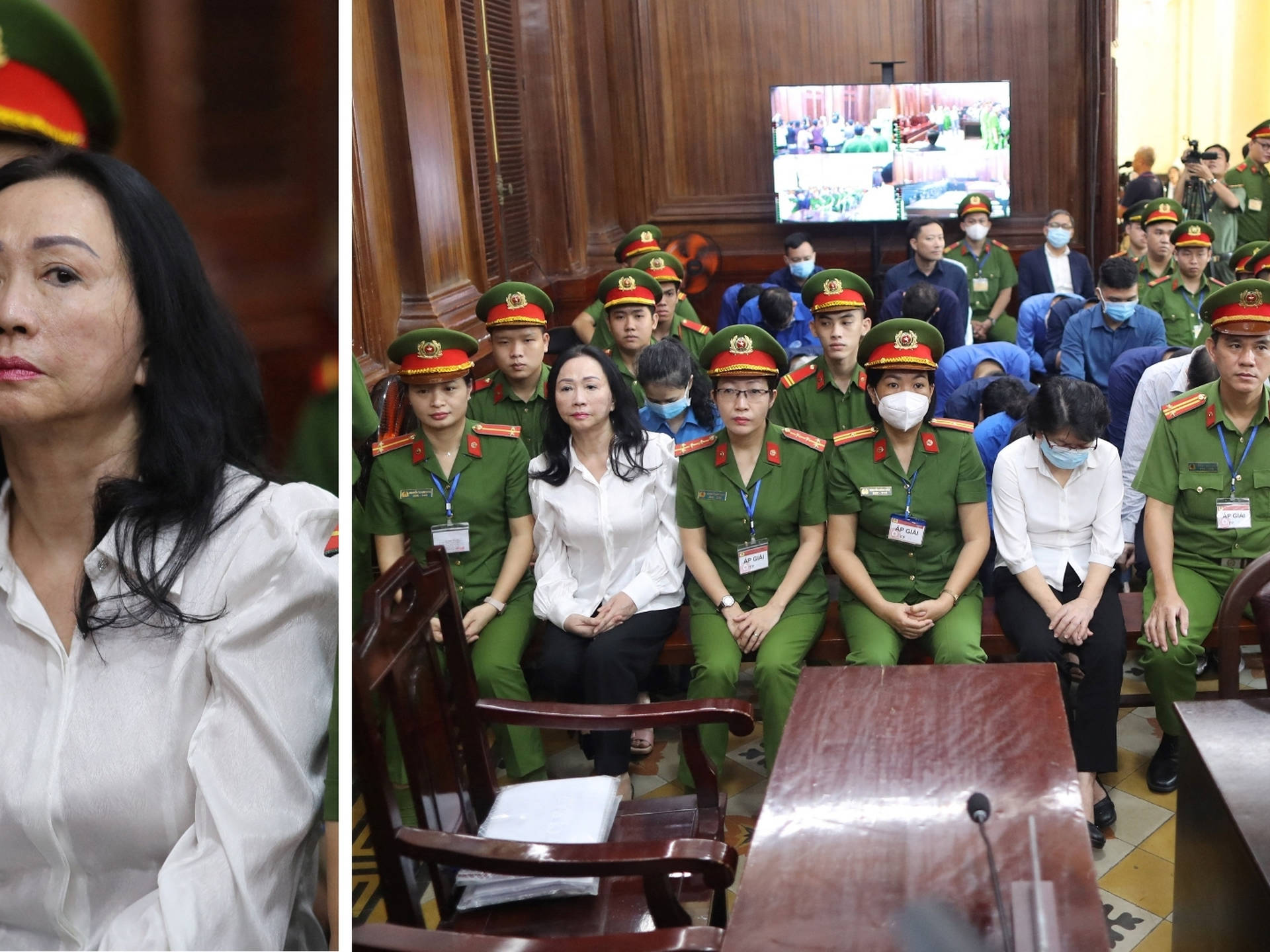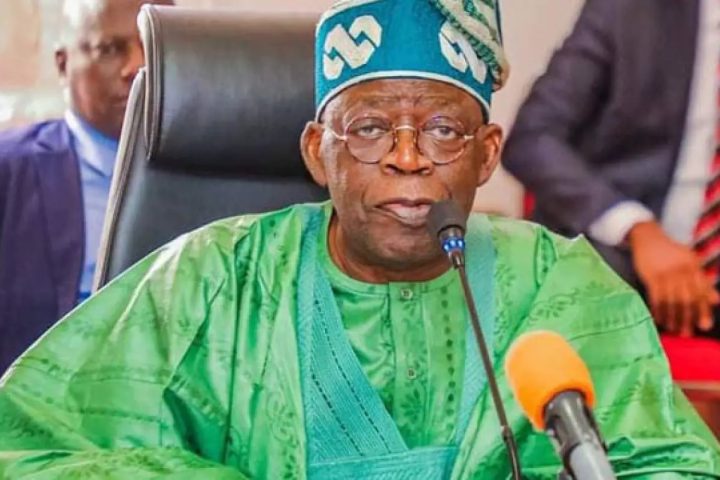Vietnamese billionaire Truong My Lan has been sentenced to death for her involvement in a $12.5 billion fraud case.
The ruling comes as a seismic blow in the nation’s battle against corruption, signaling a resolute stance on white-collar crime.
Join our WhatsApp ChannelThe verdict, delivered on Thursday, reverberated across the nation, signaling a relentless pursuit of justice in the face of corruption.
In a trial marked by meticulous scrutiny, Lan, chair of the influential Van Thinh Phat development firm, stood accused of orchestrating a sophisticated scheme that siphoned billions from Saigon Commercial Bank (SCB) over a span of ten years. The court, comprised of a panel of three jurors and two judges, resolutely rebuffed all defense contentions, delivering a resounding condemnation of Lan’s actions.
“The defendant’s actions… eroded people’s trust in the leadership of the (Communist) Party and state,” pronounced the verdict, echoing the sentiments of a populace grappling with the repercussions of institutional betrayal.
In the wake of the five-week trial, 85 individuals found themselves ensnared in the legal dragnet, facing a litany of charges ranging from bribery to abuse of power. Among them, Lan’s husband, Hong Kong billionaire Eric Chu Nap Kee, received a nine-year prison sentence, underscoring the far-reaching ramifications of the case.
READ ALSO: US Election: Trump $175m Appeal Bond In Fraud Case Under Scrutiny By NY State Lawyers
Lan, accused of embezzling $12.5 billion, now finds herself staring down the barrel of a death sentence, a fate rarely meted out in such cases. The gravity of the sentence underscores Vietnam’s unwavering stance against corruption, even as it maintains its status as one of the world’s foremost executioners, as highlighted by Amnesty International.
In her poignant address to the court, Lan confessed to grappling with thoughts of despair, lamenting her entanglement in the cutthroat realm of banking, a domain she confessed to understanding little about.
“In my desperation, I thought of death,” she confessed, her words echoing the anguish of a woman grappling with the ramifications of her actions.
However, the reverberations of Lan’s transgressions extend far beyond the confines of the courtroom. In the streets of Hanoi and Ho Chi Minh City, murmurs of dissent swell into protests, a rare spectacle in Vietnam’s tightly controlled political landscape. The swell of public indignation underscores the profound impact of Lan’s actions, which have left thousands reeling in financial ruin.
Among the countless victims, Nga, a 67-year-old resident of Hanoi, embodies the human toll of Lan’s deception. Left grappling with the loss of her life savings, Nga’s hopes for retribution find expression in Lan’s sentencing, albeit tinged with a sense of resignation.
“Many people worked hard to deposit money into the bank, but now she’s received the death sentence and that’s it for her,” laments Nga, her words emblematic of a nation grappling with the fallout of institutional malfeasance.
Yet, amidst the wreckage of shattered trust, glimmers of hope emerge as Vietnam’s judicial machinery grinds inexorably forward. With over 4,400 individuals indicted in a sweeping anti-corruption campaign, Vietnam stands at a crossroads, poised to usher in a new era of accountability.
As the dust settles on Lan’s trial, the specter of corruption looms large, casting a long shadow over Vietnam’s path to progress. Yet, in the crucible of adversity, the nation finds itself galvanized by a newfound resolve to confront the specter of corruption head-on, forging a path toward a brighter, more transparent future.
Emmanuel Ochayi is a journalist. He is a graduate of the University of Lagos, School of first choice and the nations pride. Emmanuel is keen on exploring writing angles in different areas, including Business, climate change, politics, Education, and others.
- Emmanuel Ochayihttps://www.primebusiness.africa/author/ochayi/
- Emmanuel Ochayihttps://www.primebusiness.africa/author/ochayi/
- Emmanuel Ochayihttps://www.primebusiness.africa/author/ochayi/
- Emmanuel Ochayihttps://www.primebusiness.africa/author/ochayi/



















Follow Us